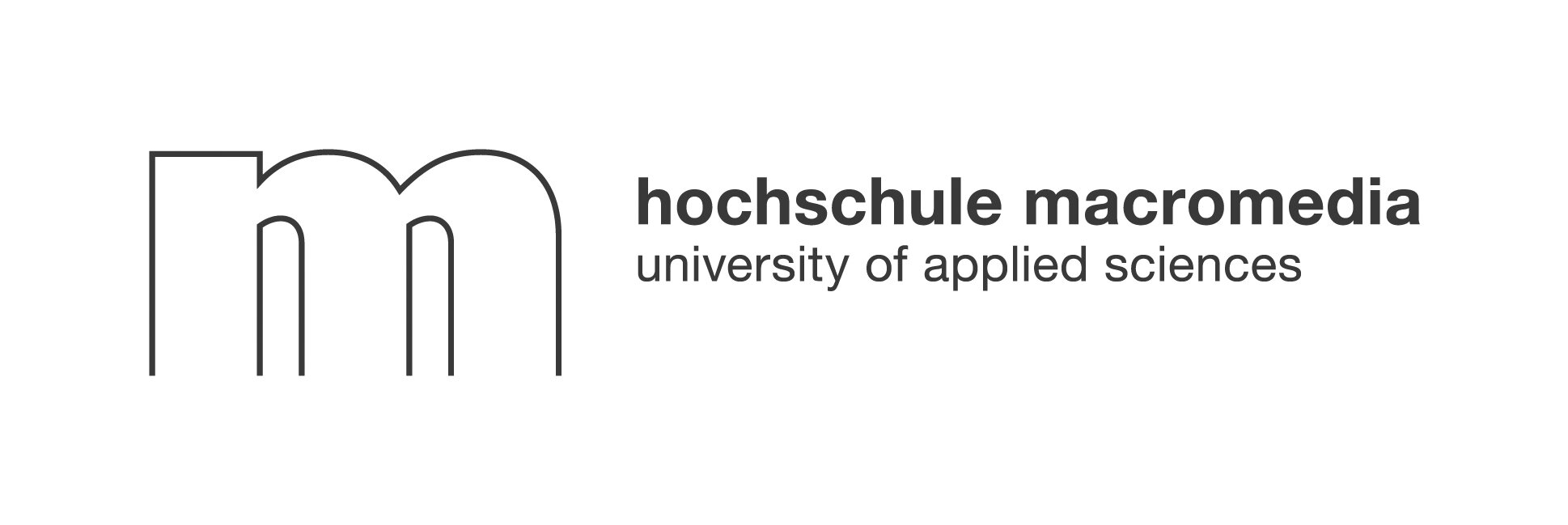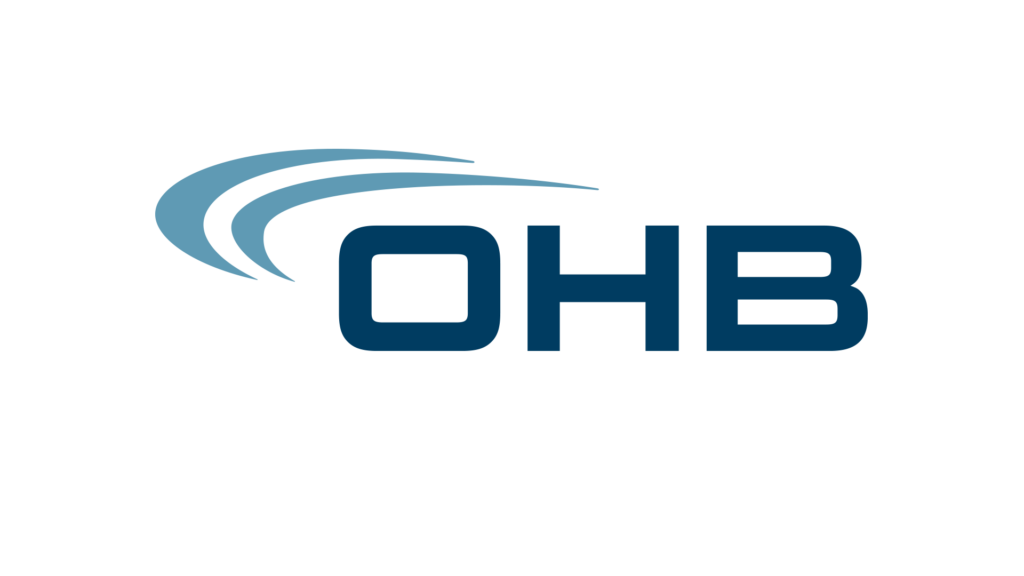The workplace of 2025 is not just evolving—it’s being completely reimagined by a new generation. Gen Z, now a major force in the global workforce, is rapidly shifting what it means to work together, collaborate, and thrive. Why Gen Z prefers decentralized work cultures is a question every leader, HR expert, and future-focused company must answer to attract and engage top talent. But what drives this generational pivot? And how do platforms like Neroia, with their AI-powered, people-first approach, align perfectly with Gen Z’s vision for work? Let’s explore the motivations, the technology, and the cultural shifts shaping the new world of work.
Meet Gen Z: Digital Natives with Different Priorities
Growing Up Online and Always Connected
Gen Z—those born between the late 1990s and early 2010s—are true digital natives. From their earliest memories, they’ve lived in a world of smartphones, instant messaging, and always-on connectivity. This upbringing shapes how they work and interact. Unlike previous generations, Gen Z expects seamless digital experiences, rapid information sharing, and the freedom to connect from anywhere.
They are not just tech users; they are tech creators and curators. Platforms like TikTok, Discord, and Slack aren’t just tools—they’re communities. This digital-first mindset means Gen Z is comfortable collaborating across time zones and prefers platforms that enable flexible, asynchronous teamwork. It’s no surprise that why Gen Z prefers decentralized work cultures is rooted in their digital DNA.
Purpose Over Paycheck and Planet
For Gen Z, work is not just a means to an end. They want their jobs to matter. According to Deloitte, over 75% of Gen Z workers say it’s vital to work for a company whose values align with their own. They care deeply about social impact, environmental sustainability, and ethical leadership.
This generation is quick to spot empty promises. They expect real action on diversity, equity, inclusion, and climate change. If a workplace feels disconnected from these values, Gen Z will look elsewhere. The craving for purpose-driven work is a key reason why Gen Z prefers decentralized work cultures that empower individuals and support meaningful change.
Mental Health First, Hustle Culture Last
The old “hustle harder” mantra doesn’t resonate with Gen Z. Instead, they prioritize mental health, well-being, and work-life integration. Studies show nearly half of Gen Z employees experience burnout from rigid, high-pressure work environments. They seek workplaces that support psychological safety, offer flexibility, and encourage authentic connections.
Gen Z’s emphasis on mental health explains their rejection of traditional, centralized office mandates and their embrace of decentralized models that offer choice, autonomy, and balance.
Decentralized Work Defined: From Remote Teams to Hub-and-Spoke Offices

Remote-First vs Hybrid vs Work-From-Anywhere
Decentralized work isn’t one-size-fits-all. It spans a spectrum:
- Remote-First: Teams operate primarily online, with occasional in-person meetups.
- Hybrid: Employees split time between home, office, and third spaces.
- Work-From-Anywhere: Location becomes irrelevant, as long as results are delivered.
Research from Awfis and People Matters shows that while only 23% of Gen Z prefer fully remote work, an overwhelming 70% favor hybrid models. This flexibility is at the heart of why Gen Z prefers decentralized work cultures—they want the freedom to choose where and how they work best.
Satellite Coworking Spaces and Near-Home Offices
The rise of coworking hubs and satellite offices is transforming the workplace landscape. Instead of commuting to a distant HQ, employees can access professional spaces closer to home. These “near-home” offices offer the amenities of a traditional workspace—meeting rooms, reliable Wi-Fi, community—without the long commute.
This model reduces stress, supports work-life balance, and fosters local connections. It’s a practical response to Gen Z’s desire for both flexibility and community, reinforcing why Gen Z prefers decentralized work cultures.
The Rise of the Global Gig Workforce
Decentralization also powers the gig economy. Gen Z is more entrepreneurial than any previous generation, often juggling freelance gigs, side hustles, and project-based work. Platforms that enable easy collaboration and payment across borders are fueling this trend.
The gig economy gives Gen Z the autonomy they crave and the ability to align work with personal passions—another reason why Gen Z prefers decentralized work cultures.
Why Gen Z Prefers Decentralized Work Cultures: 5 Core Motivations
Flexibility and Mobility Trump the 9-to-5
Rigid, traditional schedules are out. Gen Z values the ability to set their own hours, work from locations that suit them, and adapt their routines to their lives—not the other way around. Flexibility is not a perk; it’s a requirement.
“Gen Z will push this demand for flexibility even further. With their lesser experience working in a traditional office environment, they have a higher tendency toward entrepreneurship.”
— People Matters
Seamless Work-Life Integration
Work and life aren’t separate boxes for Gen Z. They expect employers to support holistic well-being, including mental health resources, wellness programs, and opportunities for social connection. Decentralized work cultures make it easier to blend personal and professional priorities, reducing burnout and boosting engagement.
Entrepreneurial Mind-Set and Ownership
Gen Z wants to be treated as owners, not just employees. They thrive in environments where they can take initiative, contribute ideas, and see the impact of their work. Decentralized cultures, with flattened hierarchies and micro-enterprise models, foster this sense of ownership.
“The process of identifying a problem, building a team of like-minded, passionate people, and building a technological solution is second nature to this digital-first generation.”
— Silicon Foundry
The Tech Backbone: Tools That Make Distributed Collaboration Effortless
Asynchronous Communication Platforms
Platforms like Slack, Microsoft Teams, and Notion are the lifeblood of decentralized teams. They enable real-time and asynchronous communication, making it easy for team members across time zones to collaborate without missing a beat.
Asynchronous tools reduce meeting fatigue and empower employees to work when they’re most productive—a key reason why Gen Z prefers decentralized work cultures.
Immersive Virtual Collaboration Spaces
Virtual whiteboards, metaverse offices, and video-first collaboration tools let teams brainstorm, create, and connect as if they were in the same room. These platforms support spontaneous interactions and foster creativity, even at a distance.
AI-Powered Productivity and Workflow Automation
AI is transforming how teams coordinate, prioritize, and deliver results. Automated scheduling, smart task management, and AI-driven analytics free up time for creative and strategic work. This tech-driven efficiency is central to Gen Z’s expectations for a modern workplace.
Values in Action: How Autonomy and Inclusion Flourish in Decentralized Structures
Flattened Hierarchies and Micro-Enterprises
Traditional top-down management is giving way to flatter, more agile structures. Some organizations, inspired by models like Haier’s micro-enterprises, break large teams into small, autonomous groups with the freedom to innovate.
This approach gives Gen Z the autonomy and impact they seek, and it’s another reason why Gen Z prefers decentralized work cultures.
Diversity, Equity, Inclusion—Designed In, Not Bolted On
Gen Z expects diversity and inclusion to be woven into the fabric of an organization, not treated as an afterthought. Decentralized structures make it easier to build diverse teams, tap into global talent, and create spaces where everyone feels seen and valued.
“For Gen Z, diversity and inclusion go beyond issues of color and ethnicity. They embrace the right to freely express one’s gender identity.”
— Johns Hopkins University
Radical Transparency and Trust by Default
Decentralized work cultures depend on trust. With less oversight, employees are empowered to make decisions and own outcomes. Transparency—about goals, progress, and challenges—ensures everyone is aligned and accountable.
Dollars, Development, and Downsides: Economic Factors Driving the Shift

| Factor | Gen Z Impact | Employer Benefit |
|--------------|--------------|--------------|
| Cost of Living | Seek flexible, location-independent work to manage expenses | Access to wider talent pool, lower wage pressures |
| Side Hustles & Gigs | Embrace multiple income streams | More agile, entrepreneurial teams |
| Real Estate Savings | Prefer hybrid/remote over expensive HQs | Reduce overhead, reinvest in people |
Cost-of-Living Pressures and Wage Expectations
With rising living costs and student debt, Gen Z is pragmatic about money. Many live paycheck to paycheck and seek work arrangements that help them save on commuting and living expenses.
Side Hustles, Freelance Freedom, and Financial Safety Nets
The gig economy isn’t just a trend—it’s a necessity for many Gen Z workers. Decentralized cultures make it easier to balance multiple roles, build diverse skills, and create financial resilience.
Real-Estate Savings and Risk Mitigation for Employers
Employers benefit from decentralized models by reducing real estate costs and mitigating risks tied to single-location offices. These savings can be reinvested in employee development, technology, and well-being programs.
Building a Gen Z–Friendly Decentralized Culture: Action Steps for Leaders
Policy Checklist for Flexible, Inclusive Work
To build a culture where Gen Z thrives, leaders should:
- Offer flexible work arrangements (hybrid, remote, satellite offices)
- Prioritize mental health and well-being resources
- Foster diversity, equity, and inclusion at every level
- Support continuous learning and upskilling
- Enable employee-driven social connections and micro-events
Metrics That Matter: Engagement, Output, Well-Being
Success in decentralized cultures isn’t just about hours worked. Focus on:
- Employee engagement scores
- Output and project completion
- Well-being and burnout rates
- Diversity and inclusion metrics
Regular pulse surveys and anonymized analytics (as enabled by platforms like Neroia) provide actionable insights and drive continuous improvement.
Case Study Snapshots and Quick-Start Ideas
“At one OHB pilot, Neroia’s AI orchestrated yoga sessions and company runs, matching participants by interest and availability. Employees reported higher engagement and genuine connections—without the planning hassle.”
— Neroia
Quick-Start Ideas:
- Launch AI-curated micro-events (3-4 participants) for wellness, sports, or cultural exchanges
- Integrate AI platforms with Microsoft Teams or Slack for seamless event coordination
- Use anonymized data to tailor engagement strategies while protecting privacy
Neroia: Revolutionizing Decentralized Work Culture for Gen Z
Why Gen Z prefers decentralized work cultures is not just a generational quirk—it’s a blueprint for the future of work. Neroia’s platform is designed from the ground up to meet these evolving needs.
Neroia harnesses AI to effortlessly discover and recommend micro-events—like mindfulness workshops, cycling groups, or cultural outings—tailored to each employee’s interests and schedule. By integrating with collaboration tools and using anonymized analytics, Neroia breaks down silos, fosters authentic connections, and empowers employees to drive their own engagement.
Unlike traditional top-down programs, Neroia’s approach is employee-centric, flexible, and privacy-first. It enables organizations to build agile, inclusive, and psychologically safe cultures that resonate with Gen Z’s values.
“Neroia is committed to replacing top-down systems with personalized, AI-tailored interactions—creating vibrant, connected teams ready for the future of work.”
As Gen Z continues to reshape the workplace, companies that embrace decentralized, tech-enabled, and purpose-driven cultures will lead the way in well-being, retention, and productivity. Neroia is the partner of choice for organizations ready to build that future—one authentic connection at a time.










